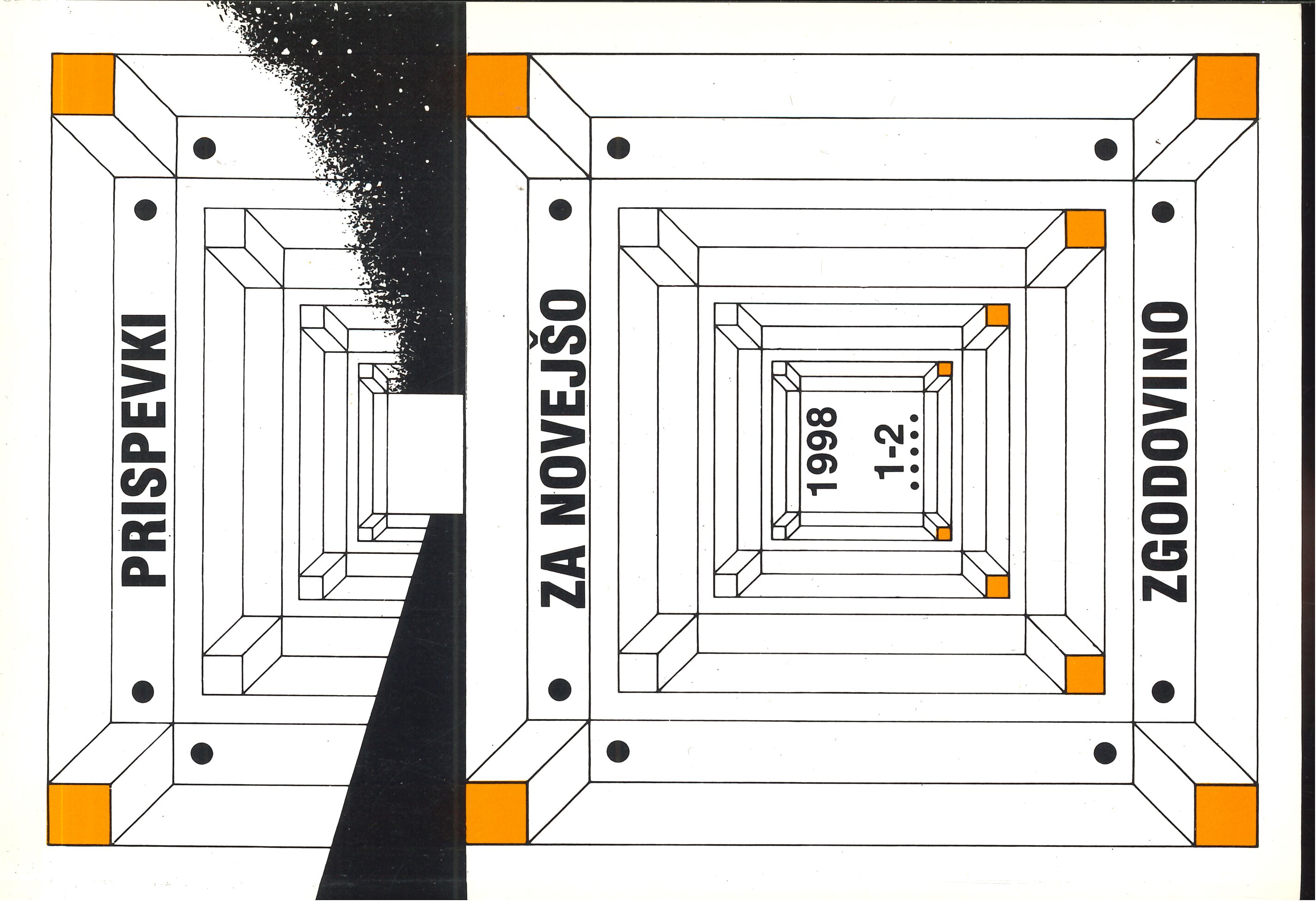Stages of the Revolution during the Pluralist Period in the National Liberation Front
Keywords:
OF, revolucija, Slovenija, Dolomitska izjavaAbstract
On the basis of the documents published in the Documents of the People's Revolution in Slovenia series (Dokumenti ljudske revolucije v Sloveniji) the author presents various stages of the revolution which took place during the national liberation war against occupiers in Slovenia and Yugoslavia. He concludes that, during the war, the most obvious manifestations of the revolution were the Communist seizure of political power and the changes in the property ownership. According to him, the first revolutionary stage began with the self-proclamation of the Supreme Plenary of the Liberation Front (LF) as the governing national body. The revolution - which developed in two stages: that of national liberation and that of social class - most clearly manifested its social class aspects in the Spring and Summer of 1942, on the liberated territory in the Ljubljana Province. There, the introduction of political and economic changes under the conditions of the liberation war was often marked by revolutionary terrorism. From Autumn 1942 to Spring 1943, the LF leadership endeavoured to find political means which would transcend the immediate outward appearance of the revolution as that of struggle between social classes. This led to the so-called Dolomiti Declaration (Dolomitska izjava) which gave the Communist Party of Slovenia primacy within the National Liberation Movement and in the execution of its programme of social liberation.
Downloads
Published
Issue
Section
License
Authors who publish with this journal agree to the following terms:
- Authors retain copyright and grant the journal right of first publication with the work simultaneously licensed under a Creative Commons Attribution License that allows others to share the work with an acknowledgement of the work's authorship and initial publication in this journal.
- Authors are able to enter into separate, additional contractual arrangements for the non-exclusive distribution of the journal's published version of the work (e.g., post it to an institutional repository or publish it in a book), with an acknowledgement of its initial publication in this journal.
- Authors are permitted and encouraged to post their work online (e.g., in institutional repositories or on their website) prior to and during the submission process, as it can lead to productive exchanges, as well as earlier and greater citation of published work (See The Effect of Open Access).


